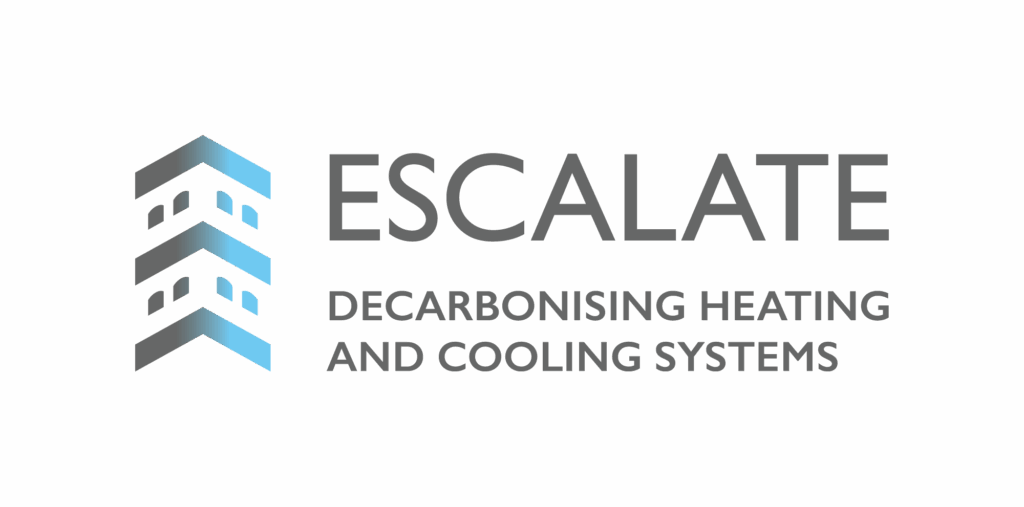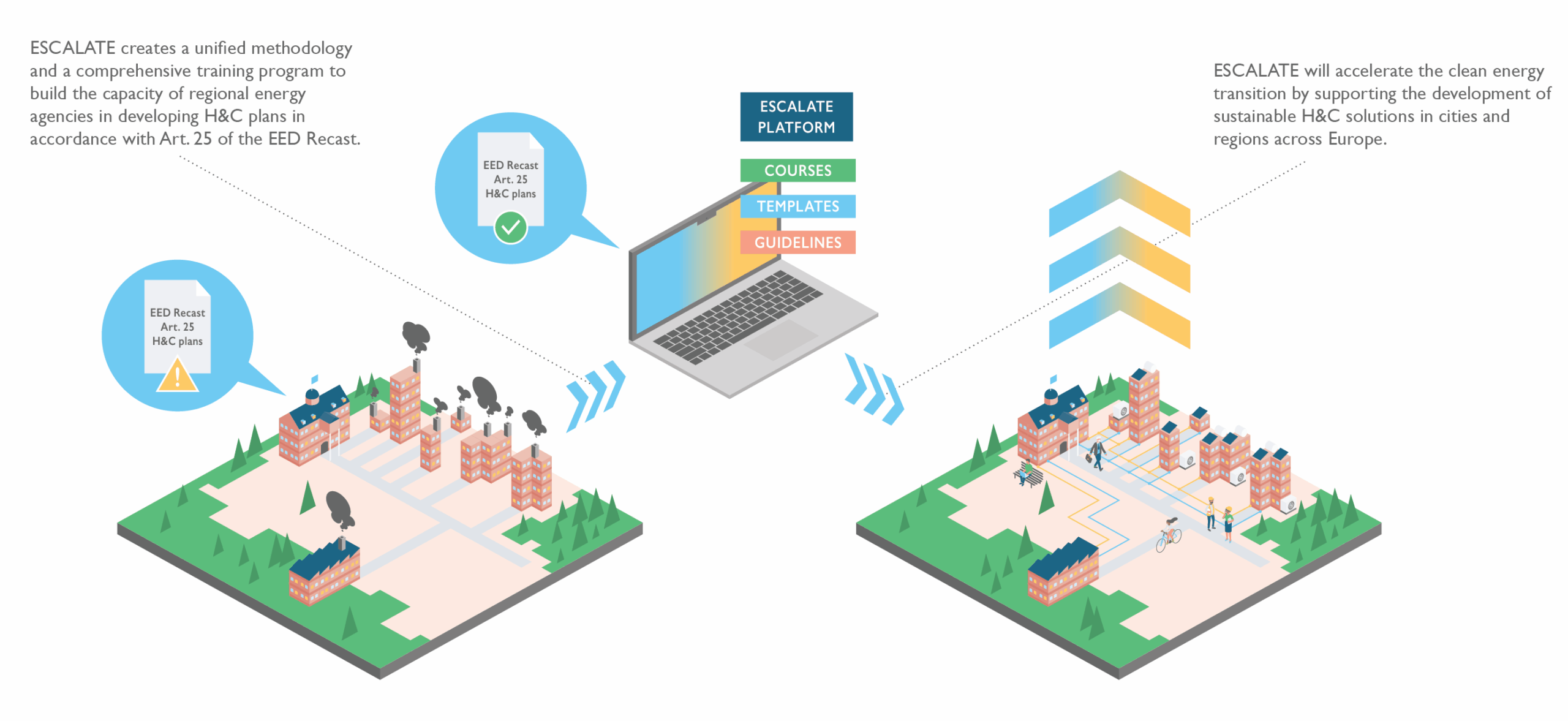Unlocking data accessibility to boost deep renovation in Europe’s building sector.
The EU’s energy transition aims to decarbonise the building sector, the region’s largest energy consumer. Heating and cooling (H&C) account for up to 80% of this demand,
making it a key area for reducing energy consumption. To achieve climate neutrality by 2050, improving building efficiency and integrating local renewable energy is essential.
The Energy Efficiency Directive Recast (EED) is central to this effort. It requires medium-large cities to implement local H&C plans, impacting over 1,200 municipalities.
These plans will help reduce emissions and energy consumption, advancing the EU’s climate goals.
However, southern and eastern European countries, including Italy, Greece, and Poland, face significant challenges in developing these plans. Many local authorities lack
the financial and technical resources needed to create effective H&C strategies, risking delays in the transition to clean energy. Bridging this gap is crucial for ensuring that all
regions can meet the EU’s climate targets.
About ESCALATE
The ESCALATE Project aims to speed up Europe’s shift to clean renewable energy by helping cities across the EU plan for more energy-efficient heating
and cooling. The project focuses on towns with over 45,000 people, ensuring they have the tools and knowledge to create local heating and cooling plans
that reduce energy use and support the environment. ESCALATE empowers local communities to make their buildings sustainable, reduce pollution, and
help Europe become climate-neutral by 2050 by providing expert training and a clear, easy-to-follow guide.
Facts
Our Work
We provide the following services and products for this project.
branding content
Website Development
Visit
outreach
Social Media Management
branding
Visual Identity
Download
Co-funded by the European Union. Views and opinions expressed are however those of the author(s) only and do not necessarily reflect those of the European Union or CINEA. Neither the European Union nor CINEA can be held responsible for them.

